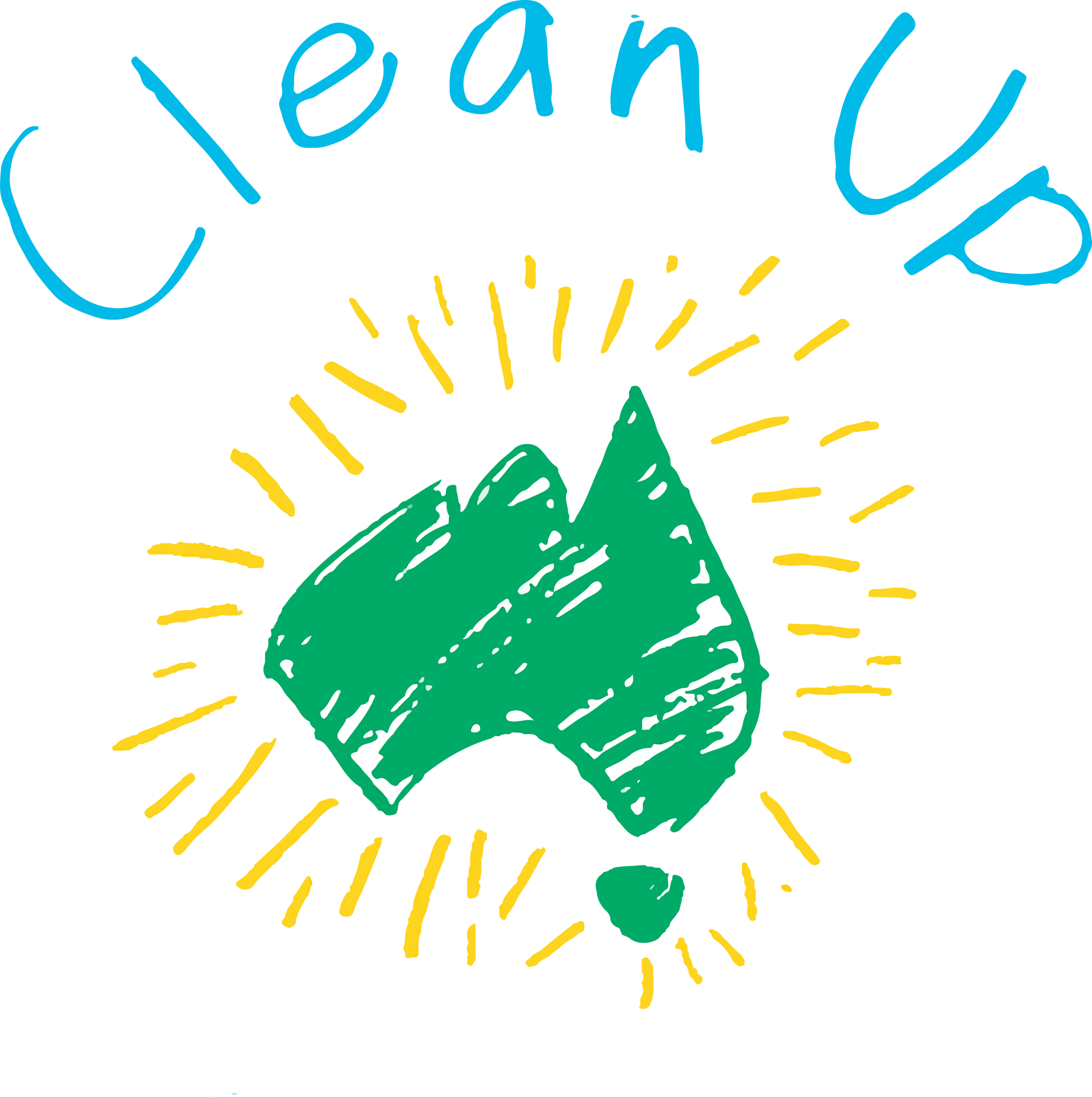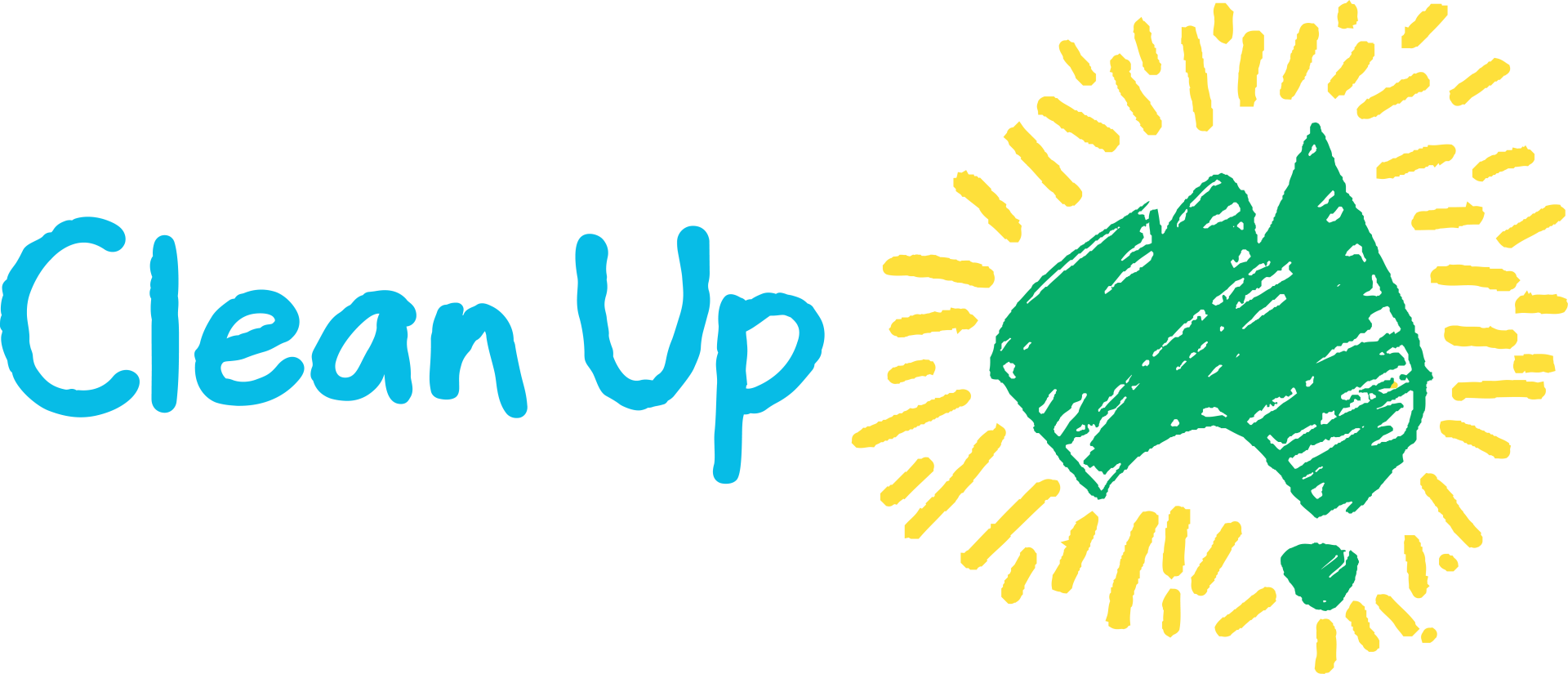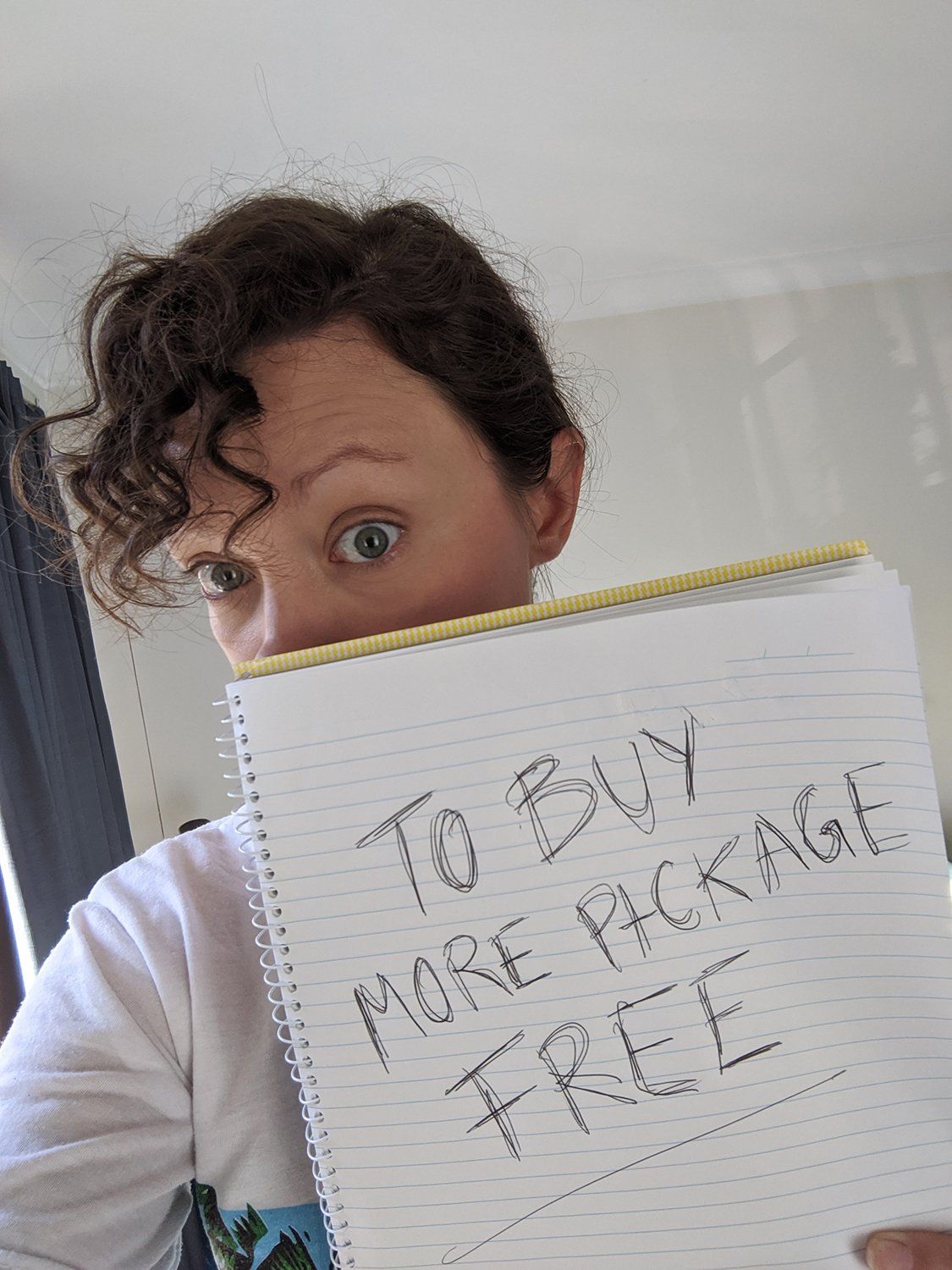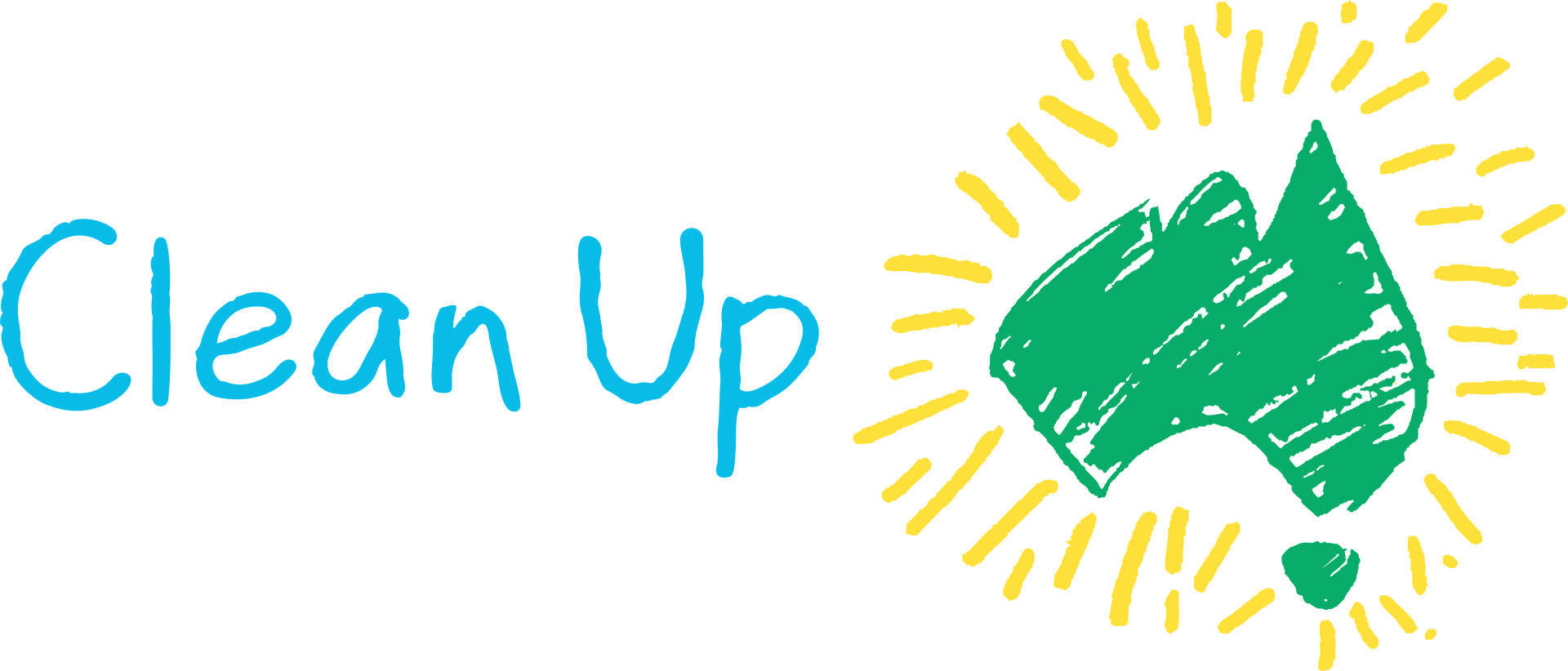Keen for a greener 2022?
by Zoe Crowston
Here’s how you can step up your eco-friendly habits into the new year.

With Christmas over and 2022 fast approaching, we’ve reached that time of year again where everyone’s talking about resolutions. While in the past, diet culture has tended to dominate this space, these days people are increasingly shifting their focus on to ways they can improve their environmental footprint.
But, as we all know, resolutions tend to be easier said than done. In an ideal world, we’d be able to flick a switch and suddenly become zero-waste eco-warriors, but that’s just not feasible.
To change your green habits in a way that’s long-lasting and sustainable, it’s important to take small steps and set realistic aims. If your long-term goal is to go zero-waste, start simple by remembering to take reusable bags when you go to the shops. Once you get the hang of this, you can then start incorporating bigger changes into your life, like meal-planning, composting your food, shopping at bulk food stores, and more. But always go slow. As Zero-Waste Chef Anne-Marie Bonneau says; “we don’t need a handful of people doing zero waste perfectly. We need millions of people doing it imperfectly”.
So, if you’re starting to think about ways to fulfil your eco-friendly new year resolutions, here are some simple and easy ideas to get you off the ground!
Resolution 1: Start a compost
From 2018 to 2019, Australians generated 15.3 million tonnes of organic waste, of which 45% ended up in landfill. When organic matter is sent to landfill, it goes decomposes anaerobically (without oxygen) and releases toxic methane into the air. However, when organic matter is composted, it breaks down aerobically (with oxygen) and can be used in gardens to enrich the soil and help plants to grow.
Composting is a relatively quick and cost-effective way to minimise your environmental footprint. There are three ways you can go about composting your food scraps.
First, in some areas around Australia, councils have introduced a FOGO (Food Organics Garden Organics) system. You simply put your compost in the same bin as your garden waste and the council takes it all away to be processed in a big industrial composting centre.
If your area doesn’t provide FOGO, no worries! You can use the ShareWaste app. It connects you with people or community gardens in your local area who have their own compost and are looking for extra contributions.
Finally, if you’re feeling up for a challenge, you can start your own composting system. The good news is that it is easy to start - and achievable for apartment dwellers! And here's a tip - check out The Compost Revolution to get up to 80% off a compost unit, worm farm, or bokashi bin - they work with councils across Australia to deliver discounted composting gear to your door.
Find out about more about DIY composting here.
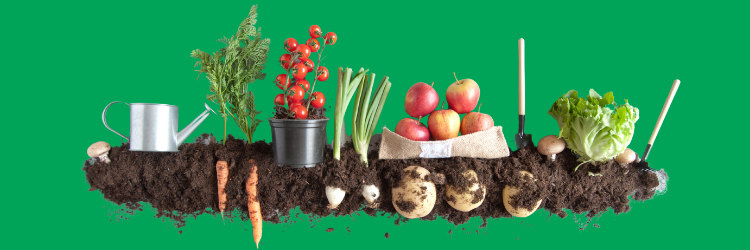
Resolution 2: Recycle more
When it comes to recycling, it’s important to take it one step at a time. Start by checking product packaging; the Australasian Recycling Label (see below, on the right) will provide instructions about each component - and whether it can be recycled in your kerbside bin (the coloured/opaque recycling symbol) or have to go landfill (the garbage can symbol). If you see the opaque recycling label, it means it can be recycled, if you follow the instructions - such as "return to store" . This for example means you can return it with your other soft plastics (chip packets, plastic shopping bags etc) to most supermarkets through REDcycle.
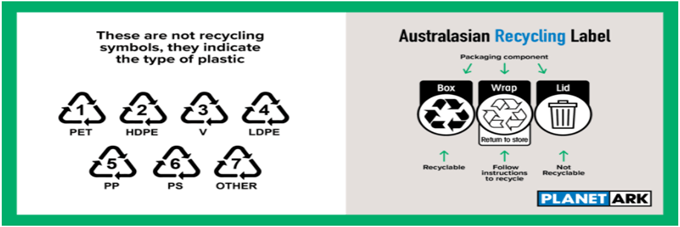
Did you know the triangle symbols with a number in the middle (above, on the left) does not imply that the item can be recycled, it just indicates which type of plastic it is.
Once you’ve mastered the basics of recycling, you can read about how to repurpose and/or recycle batteries, foil, mobile phones, coffee pods and more here.
Resolution 3: Waste less.
The easiest and most effective way to waste less is to want less. But let’s be real, this often-used mantra is a bit unrealistic. In a consumerist world where we’re targeted by thousands of ads urging us to buy new products every day, it’s pretty hard to decide what it is we need and don’t need. Nevertheless, we can still take steps to be smart about how we act as consumers and how we look after the things we already own.
For example, if you need to buy something; another pair of shoes, some fresh sunnies or more furniture, try sourcing it second-hand before you head to the nearest shopping centre. Hit up op shops, Facebook Marketplace, Gumtree, Depop, or buy-and-sell shops like Cash Converters or Goodbyes before you look to buy something brand new.
Also, if you can, try things on in-person before you buy them online. While online shopping feels easy and efficient, people often get the sizing wrong - research has shown that 30% of all online sales are returned. Items end up travelling long distances in the mail or wind up in the bin because things look different online than they do in person. If this does end up happening to you, consider donating unwanted clothes to an op shop or to a friend before giving them to landfill.
Another small change you can make this new year is to learn how to sew. An often underrated activity, sewing is fun, cathartic, and a great way to ensure your clothes last longer.
In terms of food, try planning your meals for the week, or the next few days before you head to the shops. This can prevent wastage and cut down on the time you spend travelling to and from the supermarket. Check the fridge before you restock on basic supplies. And if you don’t eat a lot of bread, keep your loaves in the freezer!
The key to a greener 2022
When it comes to New Year’s resolutions, it’s important to remember to take things slow. Make small changes and keep it simple. Pick one thing from the list above, write it down, take a pledge and try follow through with it in the new year. Once you’ve got the hang of one small change, you’ll be kicking all your eco-goals in no time!
If you’re feeling inspired, share your New Year’s resolution on social media (tagging @CleanUpAustralia #StepUptoCleanUP) and motivate your friends and family to step up and make a change too!
Search for other blog topics:
